
Curious on Tanzania Founder Justa Lujwangana was on hand to get the guests dancing to vibrant African music. Afterward, she served Tanzanian cuisine from recipes in the cookbook, Taste of Tanzania, by author Miriam Malaquias. PPI Secretary James Allen and PPI Treasuer Greg Obenshain personally made two dishes, Kachumbari Salad and Coconut Peas. Other flavorful dishes included Chicken Makange, Plaintain Futari, Beef Bokoboko, and Vegetable Samosa. Along with complimentary wine and soda, a classic Tanzanian cocktail, “The Dawa,” was also available to the guests for a small donation. The Dawa is a mixture of lime juice, honey, and vodka. Dawa also means “medicine” in Swahili.
Greg Obenshain introduced Powering Potential Founding Director Janice Lathen. She spoke about the history of the relationship between PPI and Segal Family Foundation, which began in the organization’s infancy. A certificate was then presented to founder Barry Segal.

Mr. Segal later gave a statement about Segal Family Foundation’s continuing involvement with PPI: “We at Segal Family Foundation have been proud to not only partner with Powering Potential—but to count them among friends. Their team has taken on the challenge that Tanzanian students face disproportionate inequity of access to educational resources. A decade of committed work has brought technology skills and learning materials to thousands. Those are, in our book, thousands of milestones worthy of celebration.”
A RACHEL-Plus system was also on display to showcase new technology being used next month to launch Powering Potential’s award-winning SPARC Lab program in a second country (Peru), led by a Fulbrighter. With their personal devices, guests were able to log onto the RACHEL content and explore the educational resources.
The Silent Auction was a success, selling all but a single item. Greg announced the winners. Guests received their prizes with both humor and candor while expressing thanks at being a part of the celebration.
Special thanks to Josh Apter and Peter Olsen of the Manhattan Edit Workshop and Champion Hamilton, Founder of Champion Eye Media, for offering pro-bono services in videography and photography to cover the event.
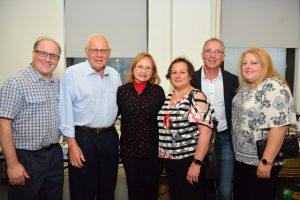
Event Coordinator Georgia Allen was thrilled. “The volunteers were fabulous. Everybody pitched in and just did beautifully.”
Part of the proceeds of $8,400 will go towards upgrading the Sazira Secondary School to a SPARC+ Lab, which will impact more than 800 students in rural Tanzania. And part will go toward keeping the lights on at Powering Potential Inc. Last month, the Collegiate Churches of New York awarded PPI a $13,000 grant for this project. Rick Harper who represented Collegiate Churches also attended the event.
“It was so heartwarming to spend an evening with Powering Potential donors and Segal Family Foundation members,” remarked Founding Director Janice Lathen. “Moyo wangu unaruka kwa furaha!” (My heart is jumping with happiness!)
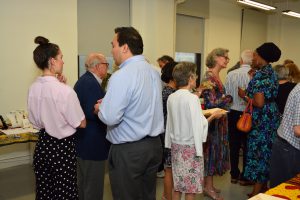
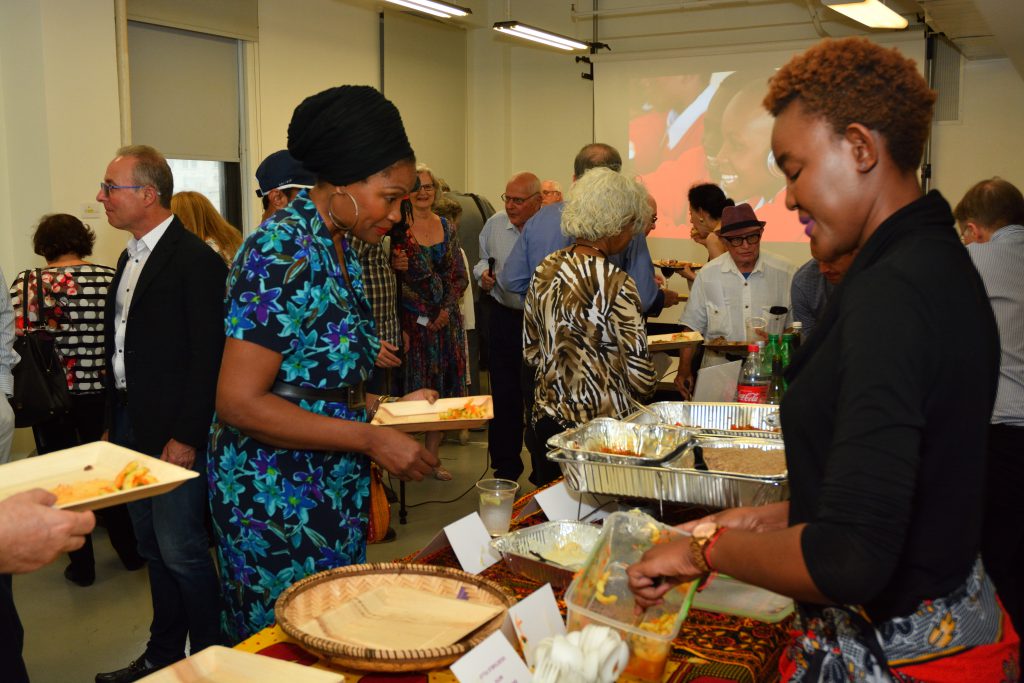
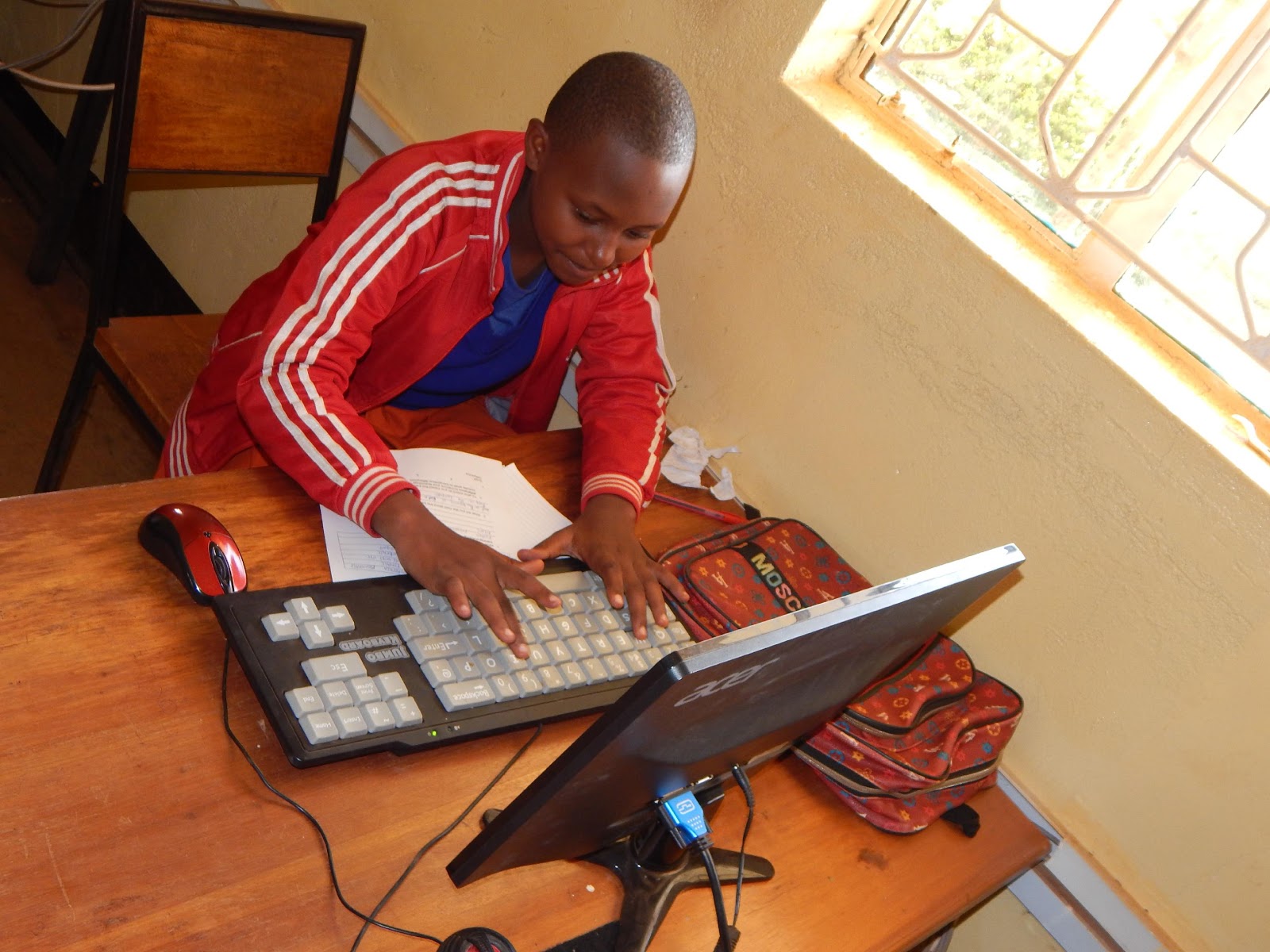
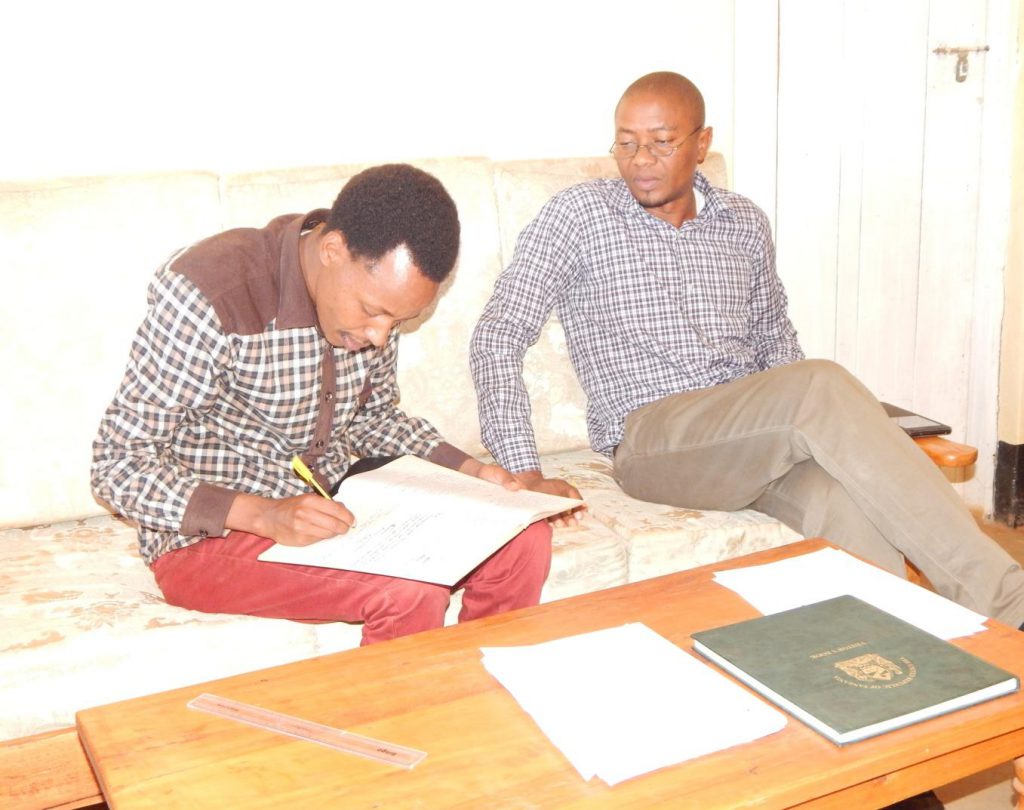


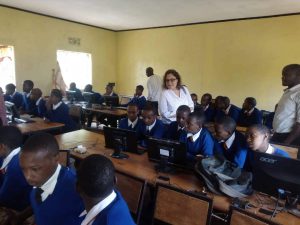
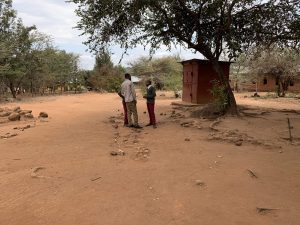
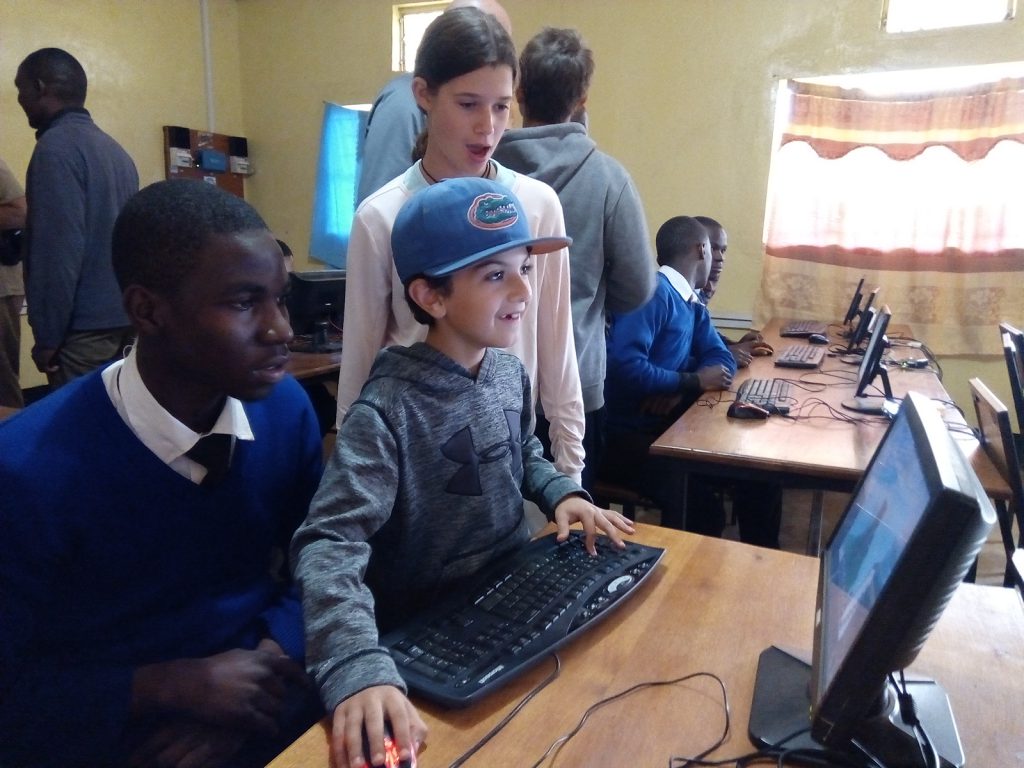
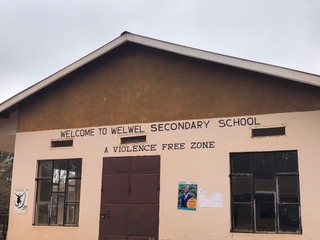

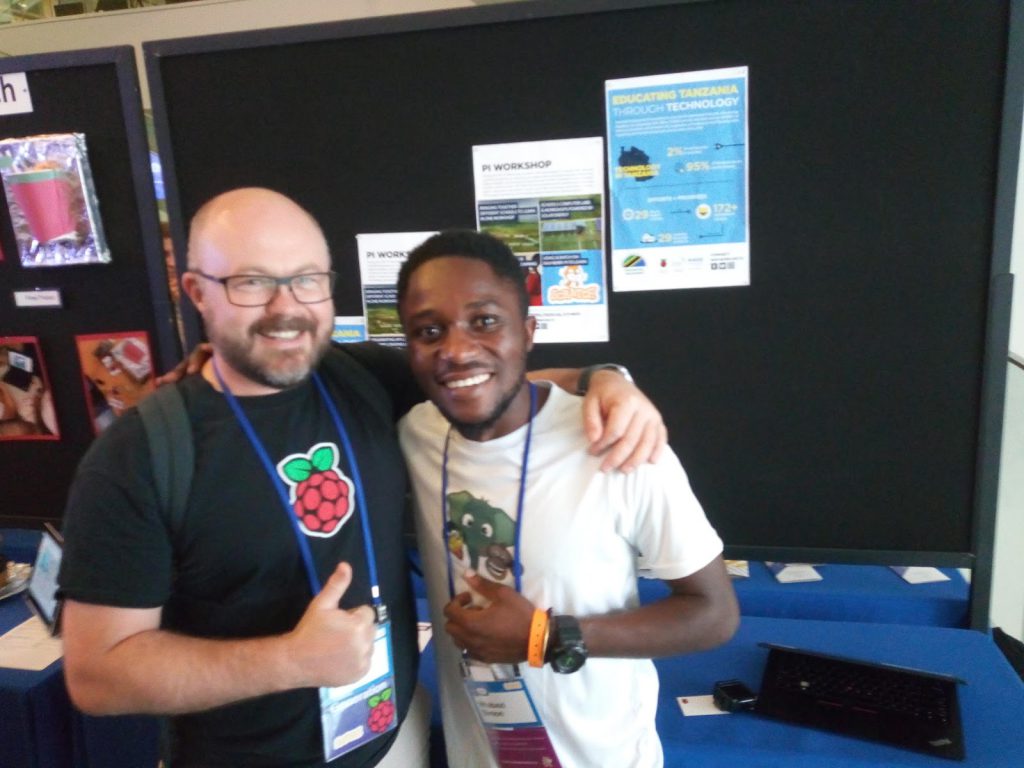



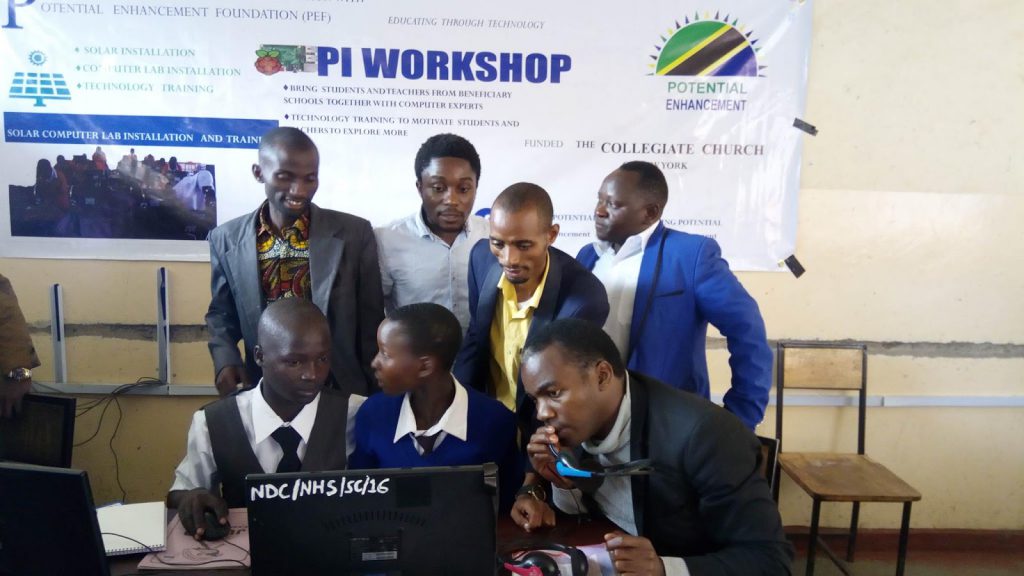
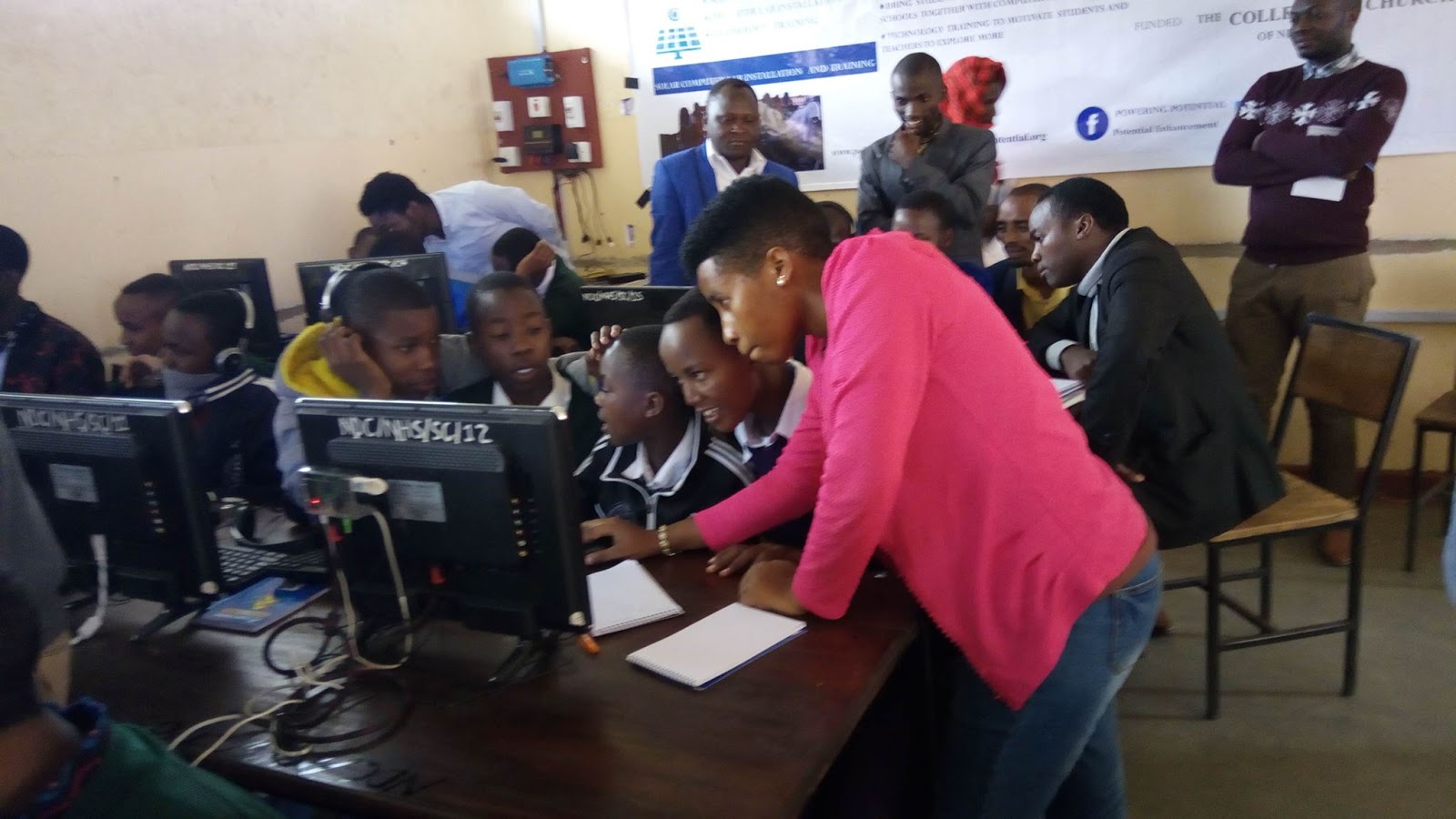
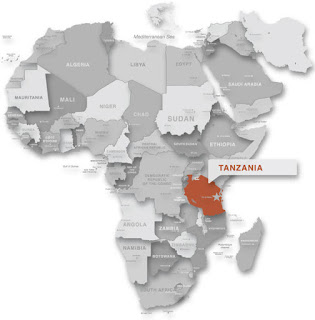
 Neema Lyimo is 25 years old, and a Computer Technician at Powering Potential. The youngest daughter in her family, she was raised by her parents in the Moshi district of Tanzania’s Kilimanjaro region. “My parents encouraged me to get an education,” she says. “They always told me life would be very expensive without it.”
Neema Lyimo is 25 years old, and a Computer Technician at Powering Potential. The youngest daughter in her family, she was raised by her parents in the Moshi district of Tanzania’s Kilimanjaro region. “My parents encouraged me to get an education,” she says. “They always told me life would be very expensive without it.”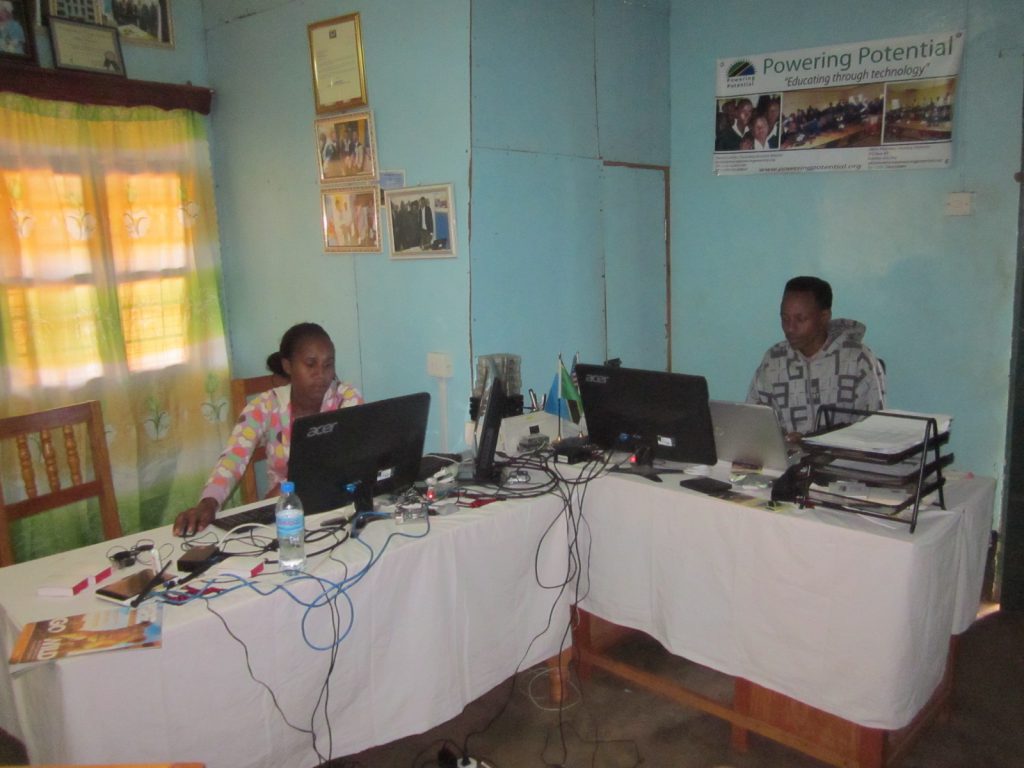
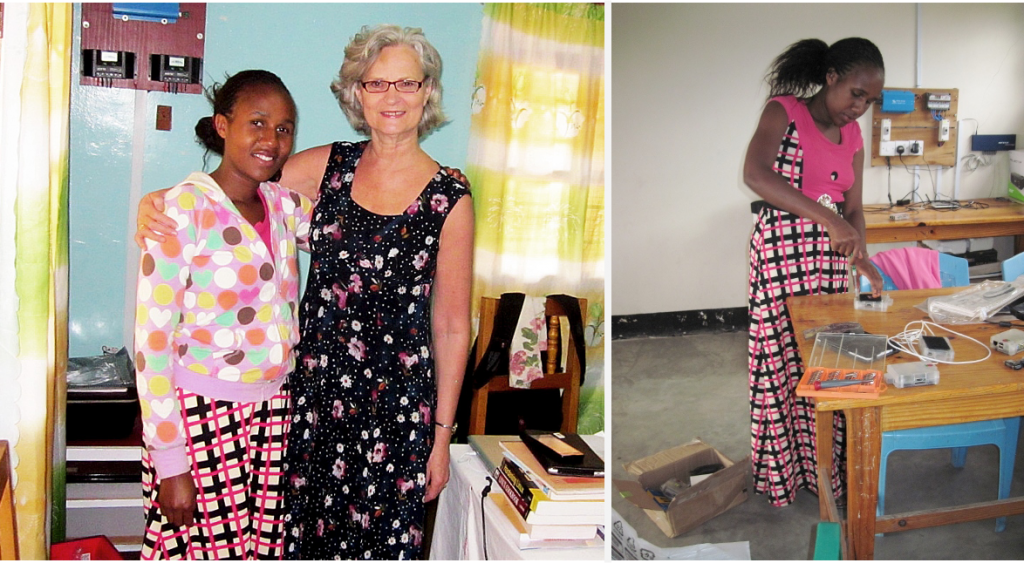
 Denis Christopher is 31 years old, and a Technical Consultant and Social Media Manager at Powering Potential. He was born in the Kahama District of Tanzania’s Shinyanga region and is the second oldest child in his family.
Denis Christopher is 31 years old, and a Technical Consultant and Social Media Manager at Powering Potential. He was born in the Kahama District of Tanzania’s Shinyanga region and is the second oldest child in his family.
